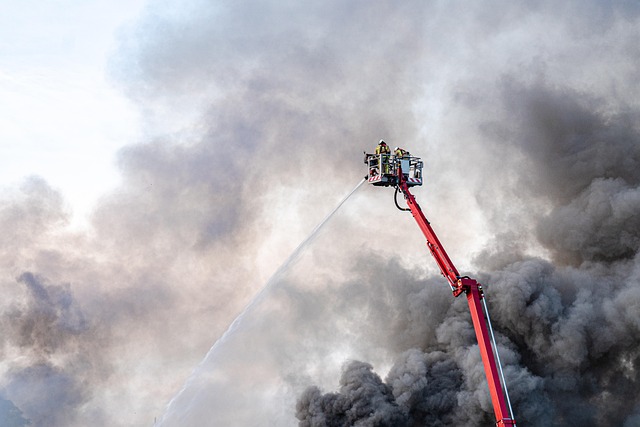In today's digital age, online reviews and social media have transformed how guests interact with hotels, making guest safety a top priority. Hotel staff background checks are a critical defense mechanism against unauthorized access, theft, and security breaches. Rigorous screenings include verifying employment history, criminal records, and addressing complaints to identify red flags. This process fosters accountability among employees and enhances the hotel's reputation. Implementing robust background checks, tailored to roles with regular updates, aligns with legal standards, ensuring guest safety, trust, and a positive experience.
In today’s heightened security landscape, ensuring guest safety through robust hospitality background checks is paramount. The hospitality industry faces unique challenges due to its direct interaction with guests, making thorough screening of hotel staff indispensable. This article explores the critical role of hotel staff background checks in mitigating risks and enhancing guest experiences. We delve into effective implementation strategies, best practices, and the overall importance of these checks in fostering a secure and welcoming environment for all visitors.
- The Importance of Background Checks in Hospitality Industry
- Implementing Effective Hotel Staff Screening Processes
- Best Practices for Maintaining a Safe Guest Experience
The Importance of Background Checks in Hospitality Industry

In today’s digital era, where online reviews and social media have transformed the way guests interact with hotels, ensuring guest safety has become more critical than ever. One often-overlooked aspect of hospitality management is hotel staff background checks. These thorough screenings are not just a compliance checklist; they serve as a crucial defense mechanism against potential risks. By implementing rigorous background checks for all employees, hotels can mitigate the chances of unauthorized access, theft, or even more severe security breaches that could compromise guest safety and the reputation of the establishment.
Hotel staff background checks play a pivotal role in fostering an environment where guests feel secure. It enables hospitality businesses to verify the identity and trustworthiness of their workforce. This process includes verifying employment history, checking criminal records, and assessing any relevant warnings or complaints. Such measures help hotels identify individuals with potential red flags, allowing them to take proactive steps to protect both guests and staff. Moreover, it reinforces a culture of accountability among employees, knowing that their background is being meticulously scrutinized.
Implementing Effective Hotel Staff Screening Processes

Implementing robust hotel staff background checks is a cornerstone of ensuring guest safety and fostering a secure environment. These checks go beyond basic employment verification, delving into criminal records, past employment history, and references to uncover potential risks or red flags. By integrating comprehensive screening processes, hotels can mitigate liability, protect their reputation, and guarantee guests’ peace of mind.
Effective hotel staff background checks involve rigorous procedures tailored to the role and responsibilities of each employee. This may include drug testing, psychological evaluations, and in-depth interviews designed to uncover any history that could compromise guest safety or lead to inappropriate behavior. Regular updates to these processes are essential, reflecting changing legal landscapes and evolving industry standards for hospitality safety.
Best Practices for Maintaining a Safe Guest Experience

Maintaining a safe guest experience is paramount in the hospitality industry, and one effective strategy is conducting thorough hotel staff background checks. These checks serve as a robust defense mechanism against potential risks and ensure that guests are in the care of reliable individuals. By implementing comprehensive screening processes, hotels can identify any red flags or criminal histories, thereby mitigating security concerns. This proactive approach allows for the early detection of unsafe personnel and enables management to take appropriate action to protect their guests.
Best practices involve verifying identification, checking previous employment records, and conducting interviews during the hiring process. Additionally, regular updates on background checks are essential, especially with changing laws and regulations. Hotels should stay compliant with local laws regarding these checks to avoid legal pitfalls and maintain a high standard of safety. This commitment to due diligence fosters guest confidence and creates an environment where everyone can enjoy their stay without worrying about potential hazards.






